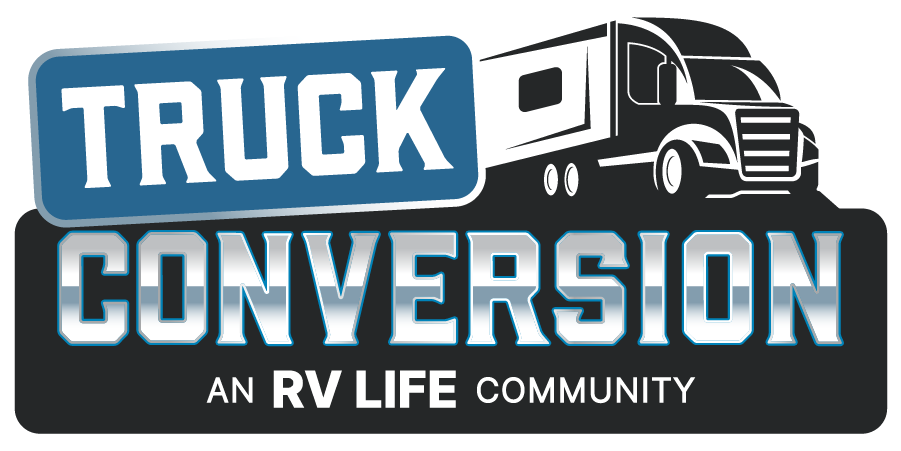BravestDog
Senior Member
Sorry to bother all of you again, but more questions as usual.

I just found this Volvo 770 on ebay with a 10 speed auto shift transmission. Most trucks I see have manual transmissions.
1. My question is, what determines what type of transmission a truck gets when it is ordered or used? Auto or manual?
2. Is there a variety of automatics and manual transmissions available or is there just a few choices?
3. What determines whether a truck gets an automatic or a manual transmission and what type they get? Are there some applications where a auto is better than a manual and vice versa?
4. What is the price and life span difference between the two?
5. If you wanted a truck with an automatic for a conversion, so anyone could drive it, should a person purchase a truck with an automatic from the beginning or can you switch transmissions later..., or would that be a foolish, expensive error, to purchase a truck with a manual and then switch to an auto?
Generalizations and estimates are fine. Just trying to get a big picture idea.
I could understand if a truck is carrying maximum loads up and down mountain roads, that a many speed transmission would be a good idea to keep the motor in its proper power range...
Thankyou.
I just found this Volvo 770 on ebay with a 10 speed auto shift transmission. Most trucks I see have manual transmissions.
1. My question is, what determines what type of transmission a truck gets when it is ordered or used? Auto or manual?
2. Is there a variety of automatics and manual transmissions available or is there just a few choices?
3. What determines whether a truck gets an automatic or a manual transmission and what type they get? Are there some applications where a auto is better than a manual and vice versa?
4. What is the price and life span difference between the two?
5. If you wanted a truck with an automatic for a conversion, so anyone could drive it, should a person purchase a truck with an automatic from the beginning or can you switch transmissions later..., or would that be a foolish, expensive error, to purchase a truck with a manual and then switch to an auto?
Generalizations and estimates are fine. Just trying to get a big picture idea.
I could understand if a truck is carrying maximum loads up and down mountain roads, that a many speed transmission would be a good idea to keep the motor in its proper power range...
Thankyou.

